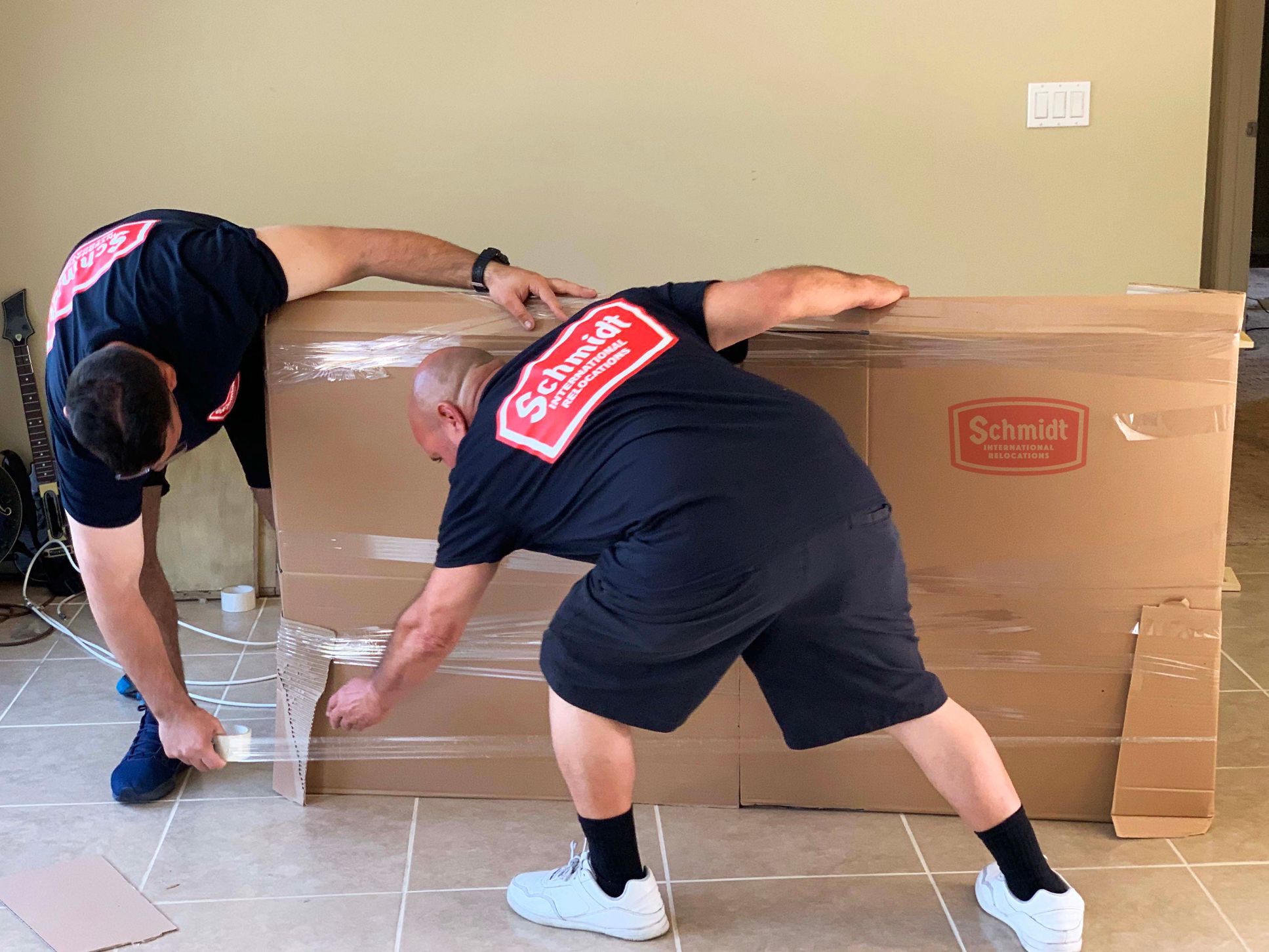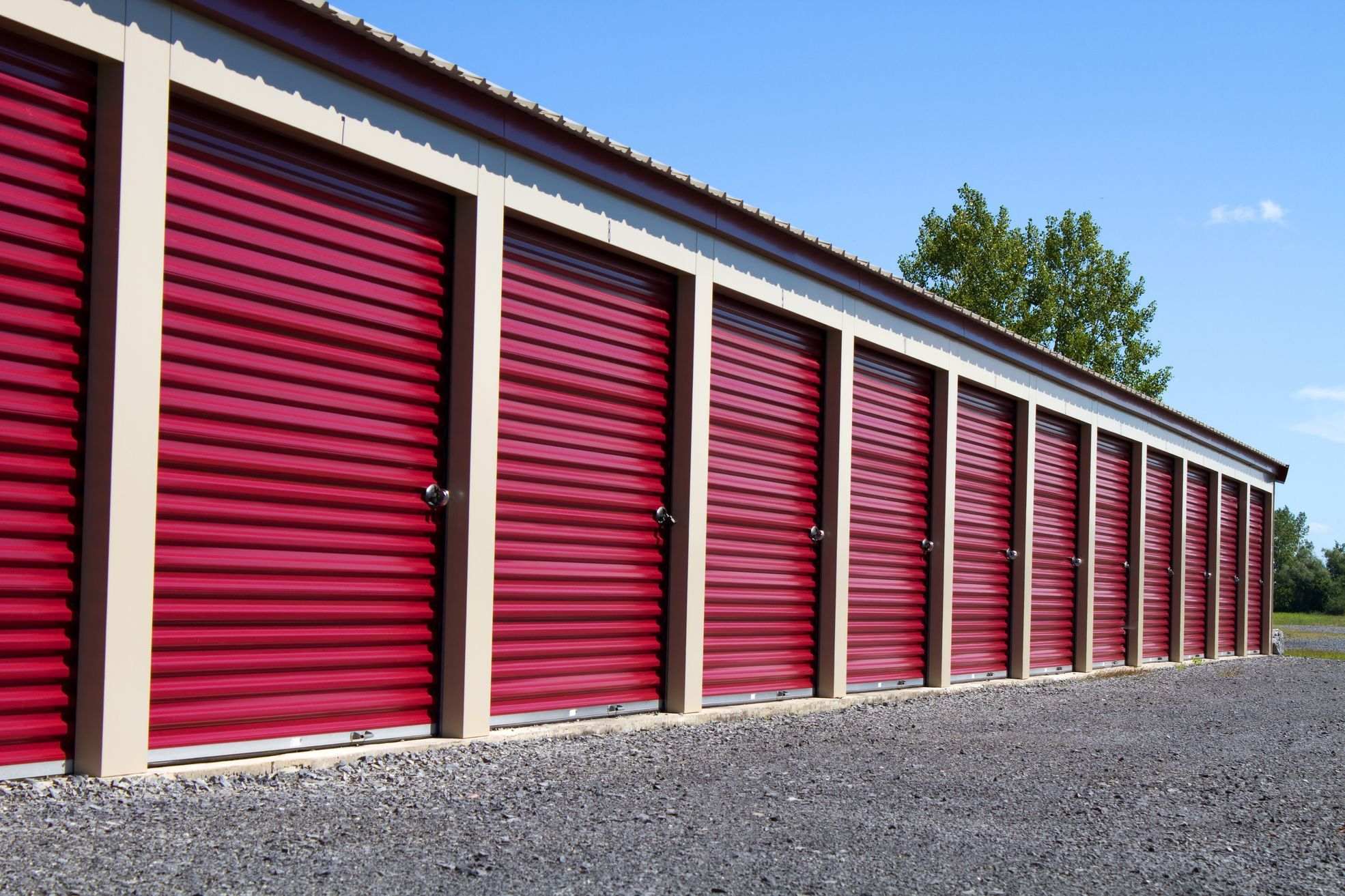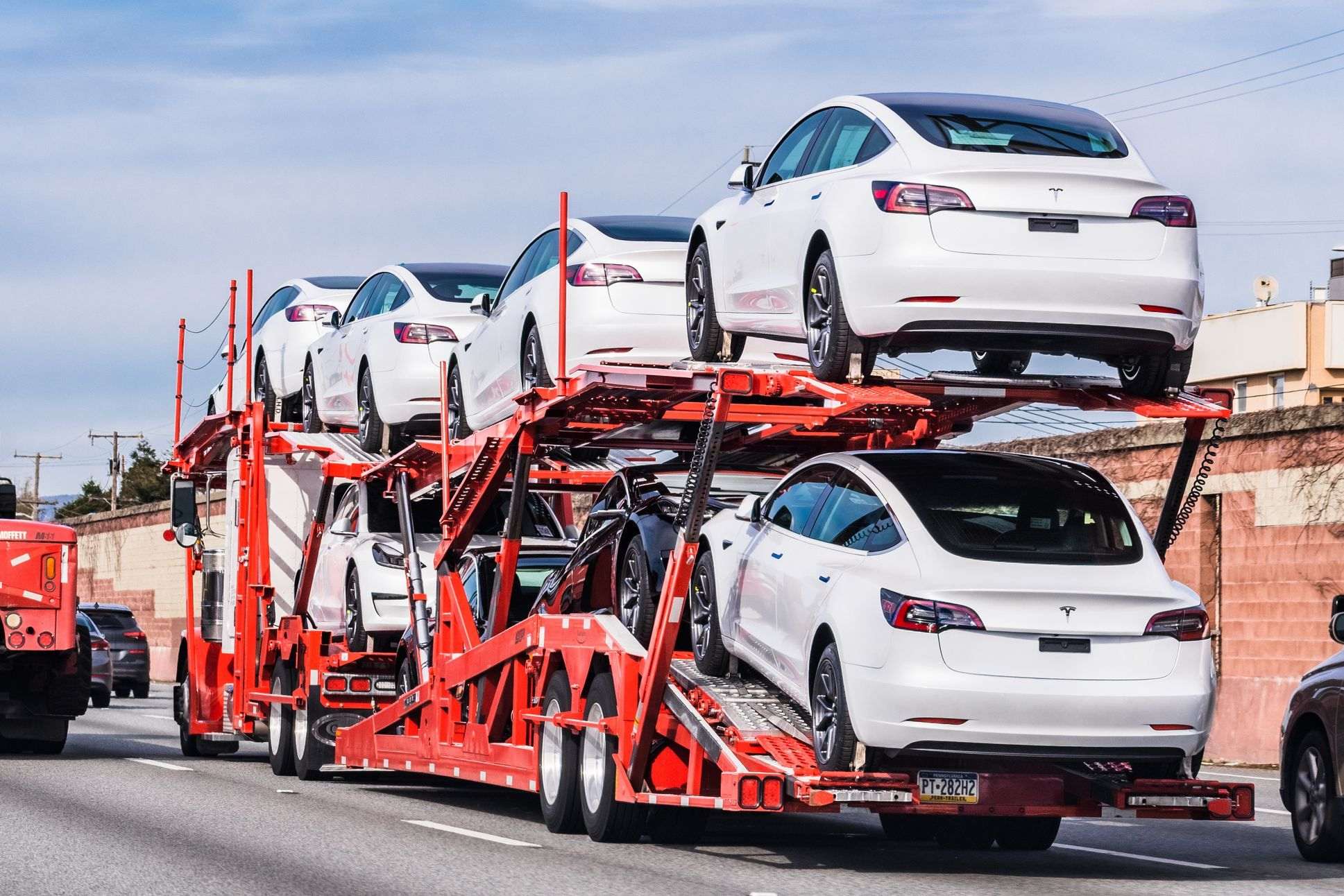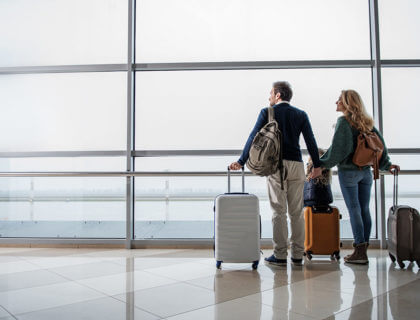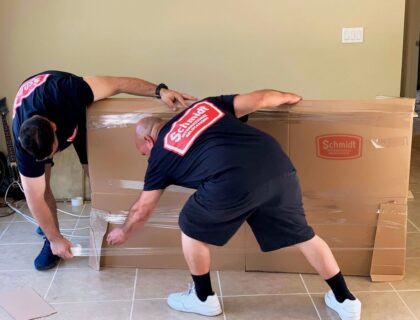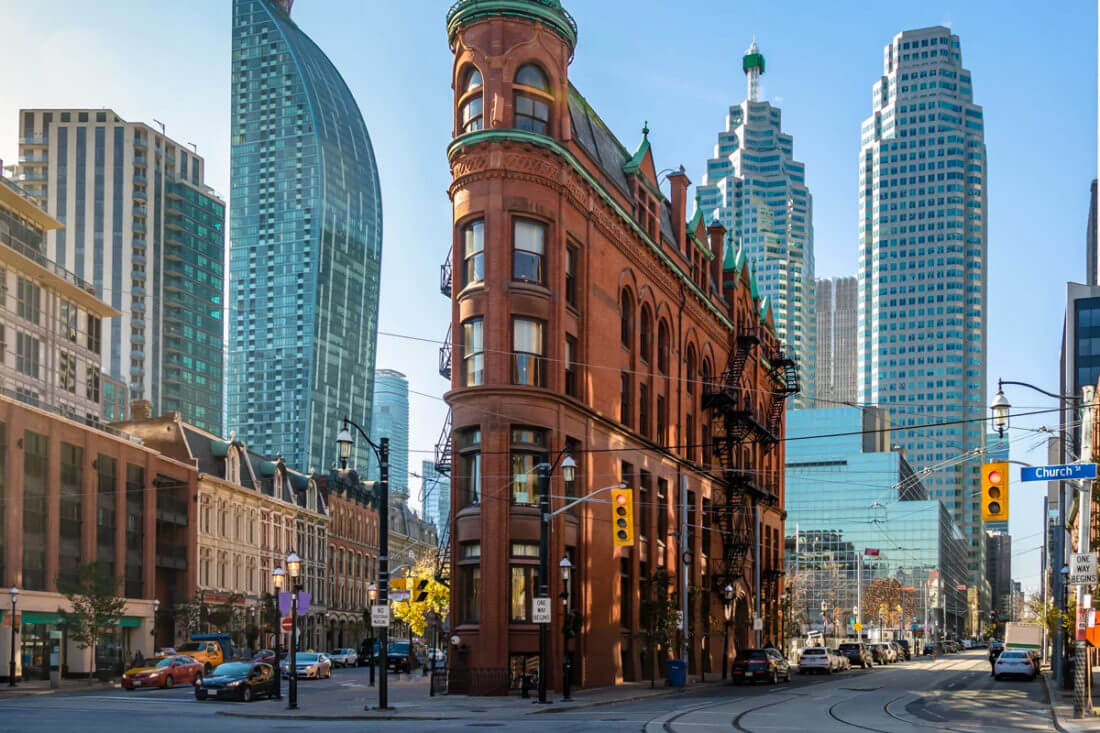

Ready to trade quiet nights and familiar faces for the bright lights and endless buzz of a foreign metropolis? Moving from a small town to a big city is like stepping into a whole new universe – and trust us, it’s a wild ride. But with big adventures come big challenges. Don’t worry, though! In this guide, we’ll show you how to navigate the change and handle the leap like a pro. Let’s get you city-ready!
First of all, mentally prepare for the relocation by embracing the diverse opportunities and the fast-paced energy of a metropolis. Research the destination thoroughly and prepare for the move by creating a detailed plan to help you stay on track. Additionally, set enough time to hire professionals to help you with more hands-on tasks. In the end, know what awaits you once you relocate (including potential loneliness, a fast-paced lifestyle, and homesickness), and learn how to deal with it.
First Things First – Embrace the Excitement of Moving From a Small Town to a Big City
A metropolis is typically defined by its large population, expansive infrastructure, and bustling economy with diverse cultural, educational, and social opportunities. It’s a hub for industries, entertainment, and innovation, offering more amenities and job prospects than smaller towns.
Moving abroad to a foreign metropolis is like diving headfirst into a world of endless possibilities and vibrant energy. The excitement begins the moment you step into the bustling streets filled with diverse people, towering buildings, and non-stop activity. The opportunities to learn and grow are vast, with every corner providing a new adventure. Not only that, but the cultural diversity found in big cities can open your mind to new perspectives, making the international move not just a relocation but a life-changing experience.
While the fast pace may be overwhelming at first, embracing the excitement of big city life means fully immersing yourself in its rhythm. Whether you’re navigating public transportation, visiting iconic landmarks, or simply strolling through a busy market, there’s always something new to discover – so make sure you do just that.
Start With Researching Future Destination
Not all big cities around the world are the same. Each has its own unique characteristics influenced by culture, history, and geography. Big cities may share common traits like higher costs of living or crowded public transportation, but the vibe, culture, and day-to-day experiences can vary widely depending on the country and region.
Researching a new place is one of the most crucial steps on a to-do list. Remember – the more you know about the destination, the smoother your transition will be. Start by looking into the basics, like the cost of living, climate, neighborhoods, and transportation system. Knowing how much everyday expenses will be, what the local weather patterns are, and how to get around can help you adjust to a new country faster. Researching ahead of time means you won’t be caught off guard and can settle in with confidence.
However, since you’re moving overseas, you’ll need to focus on more than just the practical aspects. Dig deeper into the destination’s cultural and social environment. Look into local customs, events, and social norms and work on breaking the language barrier, if needed. Knowing the local language, even just a few key phrases, can go a long way in building relationships and navigating daily life. After all, it’s not just about surviving the move but thriving in the new environment and experiencing all the benefits of living in a big city.
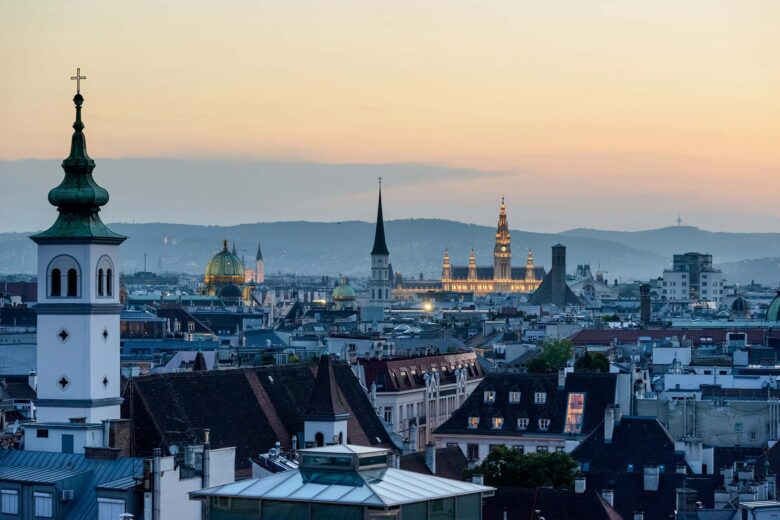
Know the Challenges of Moving From a Small Town to a Global City – And How to Overcome Them
The transition from quiet streets and familiar faces to the fast-paced, dynamic energy of a major city abroad can feel overwhelming at times. But don’t worry – every challenge has a solution. Let’s take a look at the biggest obstacles you might face during this big move and some relocation tips to help you not just survive but thrive in the new urban adventure.
Overwhelming Pace of Life in a Big City
In smaller places, for example, you’re used to a quieter, more laid-back environment where everyone knows each other, and the streets are familiar. In contrast, a metropolis can feel chaotic, with crowded public transportation, fast-moving traffic, and the constant buzz of people everywhere. The sheer size of the place, combined with a potentially unfamiliar language or culture, can make it difficult to adjust. Navigating new streets, understanding local customs, and dealing with the hustle can be stressful, especially when you don’t yet feel a sense of belonging.
Give yourself time to adjust to the fast-moving environment by setting realistic expectations and breaking down tasks into manageable pieces. Instead of trying to master everything at once, focus on learning essential aspects of the new surroundings, like navigating public transportation, understanding key landmarks, and familiarizing yourself with the local language or customs. Over time, the new place will start to feel more familiar, and you’ll develop a routine that helps you feel more in control.
Feeling of Anonymity
Smaller towns offer a close-knit community where you can rely on neighbors and friends, while metropolises tend to be more impersonal. Making friends can take time, and it’s easy to feel isolated when surrounded by strangers.
Building connections in a metropolis takes effort, but there are several ways to overcome the initial sense of isolation. Start by joining local clubs, groups, or activities that align with your interests. Whether fitness classes, language exchanges, or hobby meetups, these gatherings can help you meet like-minded people and form a support system.
Higher Cost of Living
In metropolises, the cost of living is typically higher, which can be another shock compared to the affordability of small towns. It’s important to manage the budget wisely by researching affordable living options, such as sharing accommodations or cooking at home, to ease the financial burden.
Of course, keep in mind that many countries are already more affordable than the US. Countries such as Thailand, India, the Philippines, and Mexico are some of the best places to live abroad with a low budget, according to a US News list.
How to Move to a Big City – Preparing for the Big Move
When moving internationally, a detailed relocation plan is your best friend. It helps keep you organized and ensures nothing falls through the cracks during such a complex process. Planning a move properly implies creating a timeline of key milestones. Breaking down tasks week by week helps you avoid last-minute panic and ensures you stay on track.
Here’s a list of the most important tasks you should tackle before the relocation day arrives:
- Decluttering – Minimize packing list and, therefore, save on relocation costs, by throwing away, selling, or donating unnecessary items,
- Contacting an international moving company – Hire movers as soon as possible so you have all the needed help during the transit,
- Notifying important contacts – Inform financial institutions, utility providers, subscription services, and the like about the address change,
- Getting the right packing supplies – Boxes, tape, bubble wrap, and packing paper are all packing materials you’ll need in significant amounts,
- Pack strategically – Start on time and pack efficiently by beginning with non-essential items first, such as decor and out-of-season clothing,
- Arrange utilities and services – Schedule disconnection of utilities (water, gas, electricity, internet)
- Plan travel and accommodations – Book transportation, flights, or accommodations if the move requires overnight stays,
- Prepare essential documents – Make sure to have a valid passport, visa, birth and marriage certificates, medical records, and other important documents by your side before relocation day comes,
- Prepare a bag with necessities – Pack a bag with items you’ll need immediately upon arrival (toiletries, chargers, change of clothes, and so on).
Budgeting for a Move Across the World
Budgeting for relocating and living overseas should be one of your highest priorities. By creating a detailed relocation budget, you can account for major expenses like shipping, flights, and relocation services, as well as customs fees, taxes, and insurance. A well-thought-out financial plan ensures you won’t be caught off guard, even if you move on a low budget. It will allow you to manage resources effectively and reduce the stress that comes with surprise expenses.

Get the Right Kind of Help
If your goal is to reduce relocation stress as much as possible, the safest bet is getting international moving services. International movers have the expertise and equipment needed to handle the complexities each overseas relocation brings.
They also provide peace of mind by managing logistics, including shipping, handling heavy furniture, and offering moving insurance coverage. With most reputable companies, such as Schmidt International Relocations, you can also get additional help in the form of packing services or, for example, professional overseas vehicle shipping.
If you decide to hire a moving company, get quotes from multiple providers, read reviews, and confirm they can handle all necessary paperwork and customs clearance. In the end, make sure to book early to secure availability and allow your movers enough time to plan everything meticulously.
Manage the Emotional Transition
The transition from a small place to a metropolis abroad can be overwhelming as you adjust to a new environment, culture, and lifestyle. One of the biggest emotional hurdles you’ll probably be dealing with is homesickness. To cope with it, allow yourself time to grieve the change, but also focus on creating new routines. Keeping in touch with friends and family can also provide comfort and help you feel more connected.
While it’s important to embrace new life and form new relationships, staying connected to your roots can provide emotional stability. When deciding what to keep, make sure to bring along mementos or items from home that make you feel grounded. Also, don’t be afraid to continue traditions that remind you of the small-town life.
Finding Balance Between Small-Town Comfort and City Excitement
Moving from the familiarity of a small town to the hustle and bustle of a metropolis can feel like entering a whole new world. One way to achieve this balance is by creating a personal space in a new home that feels like a retreat from the busy city. This space will give you a sense of calm when the fast pace becomes overwhelming.
At the same time, don’t be afraid to dive into the exciting opportunities the foreign metropolis offers. Explore new neighborhoods, try diverse cuisines, and immerse yourself in cultural experiences that are unique to city life. The beauty of living in a metropolis is the constant access to new adventures and activities. By blending the comfort of your small-town background with the excitement of the new surroundings, you can enjoy the best of both worlds.

Our Movers Can Help You With All the Practical Tasks – While You Manage the Rest
Relocating abroad and changing a small place for a bustling metropolis is a big leap, but with the right support, it doesn’t have to be overwhelming. Our movers at Schmidt International Relocations can deal with all the boring parts of the relocation process, such as packing, wrapping, shipping, and even navigating the complex logistics of international moving. You, on the other hand, can focus on what truly matters. Leave all the heavy lifting to our trained and experienced team – contact us today and book your move on time.

